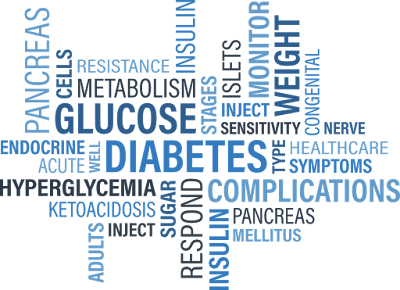Obesity, its classification, causes and its treatment
Obesity, its classification, causes and its treatment
Obesity
Obesity is the medical condition in
which excess body fat build up to the extent that it may have a negative effect
on health. People are generally considered obese when their body mass index (BMI), a
measurement obtained by dividing a person’s body weight by person’s height’s
square, is over 30kg/m2 with the range of 25-30 kg/m2 defined as obese. This weight gain is
due to the fat deposited in subcutaneous tissue present under the skin. The
layer of body fat called as adipose tissue. Adipose tissue is a combination of
fatty cells, connective tissues, lipids, blood vessels, callipers and adipose
cells. Adipose cells stores energy it the form of lipids, which lies in
connective tissues surrounded by adipose cells.
Classification of obesity
Obesity
is classified as class 1 to class 3 obesity when BMI increased by 25 to 40. If
BMI is higher than 40 then it called as morbid or super morbid.
- BMI (Kg/m2) = Weight in Kg/Height in meter.
- Normal BMI- 19 to 25
- Underweight BMI- less than 19
- Overweight- 25 to 29
- Obesity Class I - 29.1 to 35
- Obesity Class II - 35.1 to 40
- Obesity Class III - 40.1 and above
1. Morbid
Obesity- 40 to 45
2. Super
Obesity- 45 to 50
Causes of obesity
Energy imbalance
A lack of energy
balance occurs when our body consumes more calories than we use. And the
calories we don’t use that stored as a fat in our body. Consequence is
overweight so as obesity
Inactive lifestyle
Lazy lifestyle such
as sitting down, on purpose lying down for a while and not doing exercise, this
kind of lifestyle can lead you towards obesity, because the energy you use and
the energy you take are very different. Riding car or bike instead of bicycle
and choosing elevators or escalators instead of stares all the time is like putting
your energy to rest, which results weight gain.
Genes and family history
In most cases obesity
occurs because of family history. Most of the time families share their food
and activities, unhealthy food, sedentary lifestyles at home which leads to
weight gain and obesity. Sometimes families adapt unhealthy lifestyle too.
Environment
our place of living
and our expose plays a big role in our health choices. It includes affordable healthy
food choices, geography, variety fruits and vegetables. Sometimes our working schedule
also is not health friendly. If you observe these kinds of things you need to monitor
your daily choices and make them healthy.
Medical conditions
Some hormone problems
may cause obesity, such as underactive thyroid (hypothyroidism), Cushing’s
syndrome, and polycystic ovarian syndrome (PCOS).
Underactive thyroid is
a condition in which the thyroid gland doesn’t make enough thyroid hormones,
which in turn slows down the metabolism and causes weight gain. Cushing’s
syndrome, on the other hand, is a condition in which the body’s adrenal glands
make too much cortisol. This disease may develop if you take high doses of
certain medicines, such as prednisone, for long periods of time. People who
have Cushing’s syndrome gain weight, have upper-body obesity, a rounded face,
fat around the neck, and thin arms and legs.
Lastly, PCOS or
polycystic ovarian syndrome is a condition that affects about 5–10% of women of
childbearing age. Women who have PCOS are often obese, have excess hair growth,
and have reproductive problems and other health issues. These problems are
caused by high levels of hormones called androgens.
Treatment of obesity
Diabetes
is one of the most difficult illnesses to treat effectively with one treatment.
Multiple treatments may be necessary. Choices of treatment are as follows-
Diet Control Treatment for Obesity
- Less Sugar
- Less Carbohydrate
- Less Fat
- Less Junk Food
- More Fiber Diet
- More Vegetables
Medication Treatment for Obesity
Anti Obesity Drugs
- Better results are seen with Qsymia (Phenetermine+Topiramine)
- Other anti obesity medications- Xenical (Orlistat) and Belviq (Lorcaserin)
Side Effects-
- Gastrointestinal Side Effects- Nausea, vomiting and diarrhea
- Kidney Effects- Increased BUN
- Cardiovascular Effects- Abnormal heart valve function.
Exercises for Obesity
- Exercise at Gym under supervision
- Daily outdoor exercises like walking, jogging and garden work
- Daily indoor exercises at home
Surgery for Obesity
- Balloon
- Bariatric Surgery
- Long term weight loss is observed2
- Weight loss up to 25%3
- Complications- 17% Cases3
Advantage of Weight Loss-
- Recovery from diabetes
- Improvement of cardiac function
- Reversal of hypertension to normal blood pressure




Comments
Post a Comment